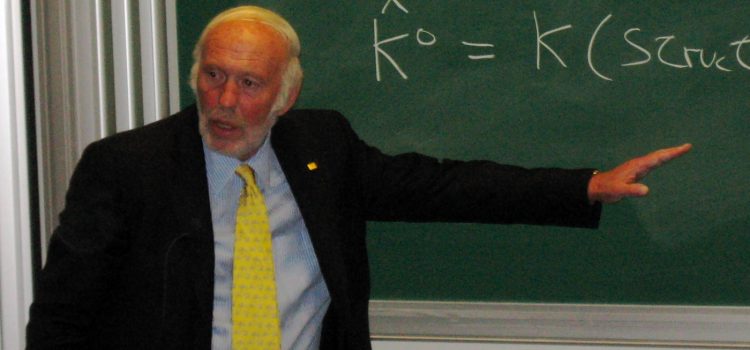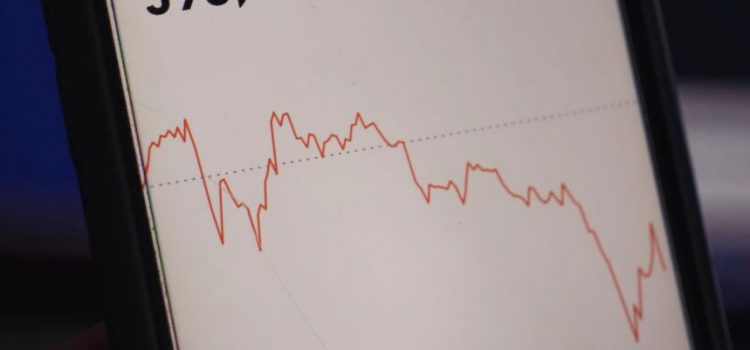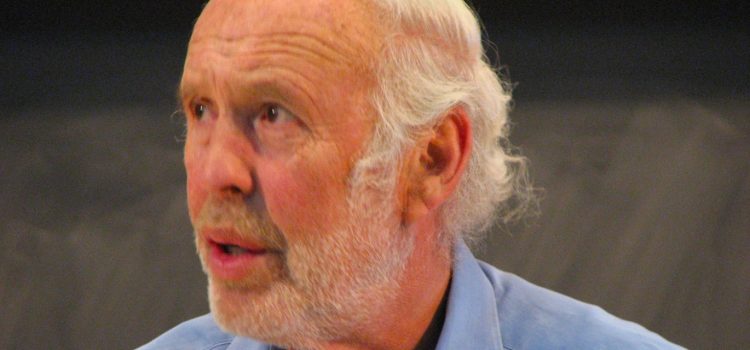What is the book Barbarians at the Gate about? What was the biggest leveraged buyout in history? In their book Barbarians at the Gate, Bryan Burrough and John Helyar detail the 1988 leveraged buyout of RJR Nabisco, which is the biggest business transaction of the 20th century. The high value of the transaction, as well as the unusually competitive bidding in the LBO process, caught the attention of the press. Read below for a brief Barbarians at the Gate book overview.
Barbarians at the Gate: Book Overview and Takeaways










